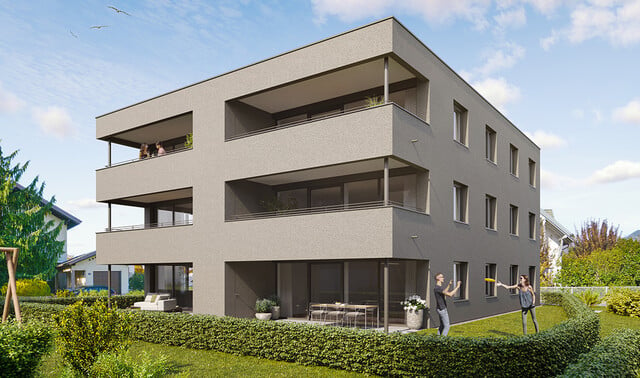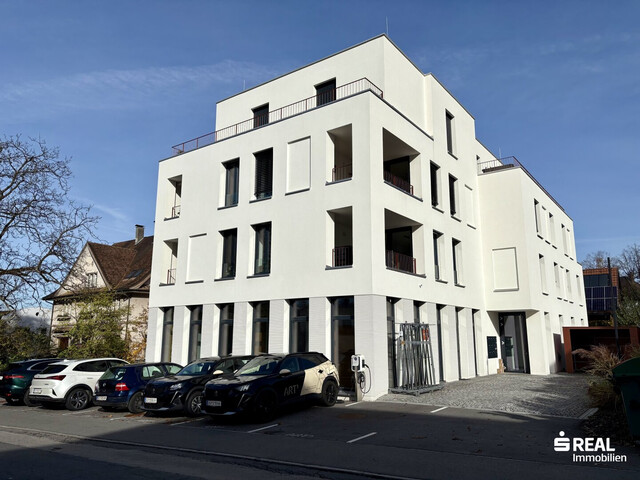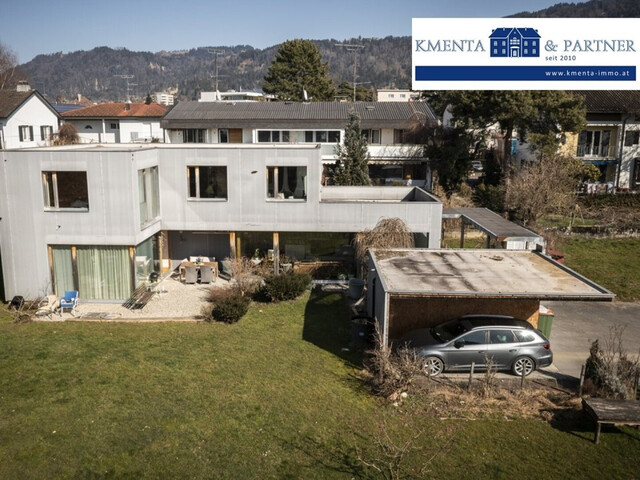Study: Origin and Gender Shape Opportunities in Austria
How much a person earns in Austria, according to a new OECD analysis, is to a considerable extent not the result of personal performance, but often depends on unchangeable factors such as place of birth, gender, or the origin of the parents. In Austria, 23 percent of the so-called household market income can be explained by such influences – a value below the OECD average of 28 percent, but still significant.
Gender and origin influence opportunities in Austria
The study titled "To Have and Have Not – How to Bridge the Gap in Opportunities" examined 32 countries, including all member states of the organization as well as selected partner countries. In countries like the USA, Romania, or Bulgaria, social starting conditions are even responsible for more than 40 percent of income differences. In contrast, the differences in Iceland, Denmark, and Finland are significantly lower at under 15 percent.
The OECD classifies Austria together with countries like Belgium, Spain, Norway, and Sweden as a state where individual characteristics such as gender, origin, and the social position of parents weigh particularly heavily. Notably, in Austria, according to the study, the background of the mother has a stronger impact on the life course of her children than that of the father – a trend also observed in Belgium or Sweden.
Equality of opportunity has decreased
Regionally, there is a clear gradient within Austria: In Carinthia and Styria, 14 percent of income differences can be attributed to non-influenceable factors, in the west it is 24 percent, and in the east even 26 percent.
The OECD also notes that equality of opportunity has deteriorated in many countries since 2005 – including in Austria. Particularly affected are those countries that were already considered relatively "fair" in 2005. While the situation has slightly improved in the USA or Poland, inequality of opportunity has increased again in countries like Austria, Portugal, or the Netherlands.
Since not all social influences can be measured precisely, the study authors assume that the real inequality is even higher than the reported values. The OECD therefore advocates in the report for targeted political measures to promote equality of opportunity – such as through early childhood education, inclusive school models, or social housing.
(APA/Red)
This article has been automatically translated, read the original article here.
Du hast einen Hinweis für uns? Oder einen Insider-Tipp, was bei dir in der Gegend gerade passiert? Dann melde dich bei uns, damit wir darüber berichten können.
Wir gehen allen Hinweisen nach, die wir erhalten. Und damit wir schon einen Vorgeschmack und einen guten Überblick bekommen, freuen wir uns über Fotos, Videos oder Texte. Einfach das Formular unten ausfüllen und schon landet dein Tipp bei uns in der Redaktion.
Alternativ kannst du uns direkt über WhatsApp kontaktieren: Zum WhatsApp Chat
Herzlichen Dank für deine Zusendung.








